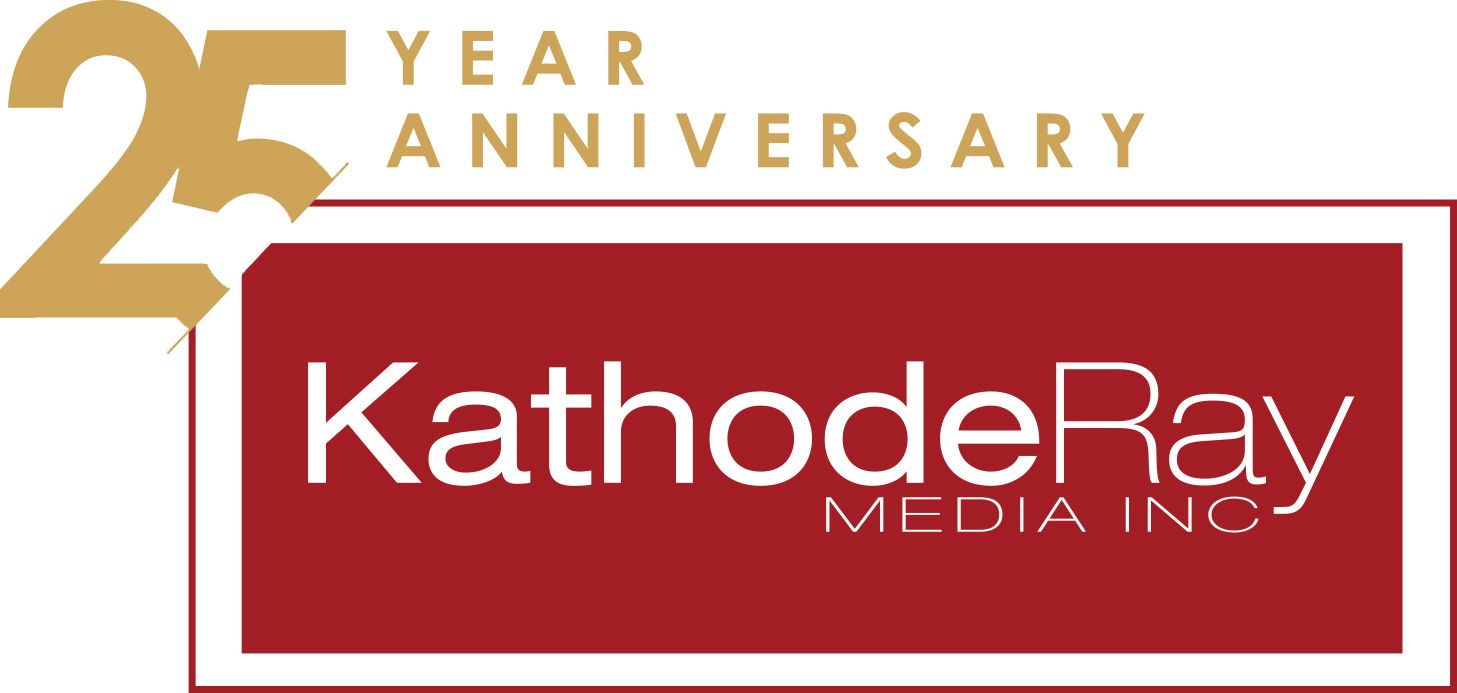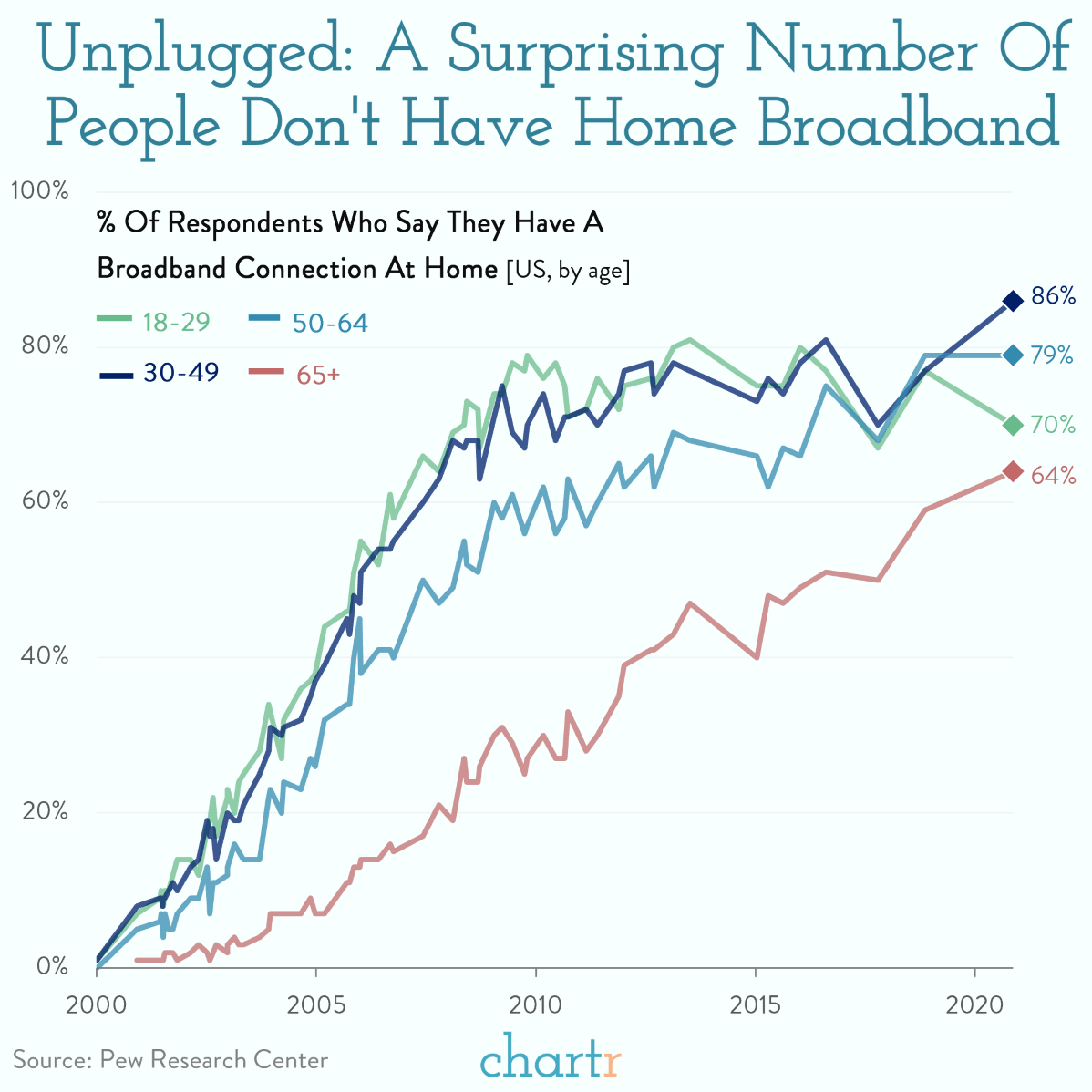The 33 Things to Economic Developers Need to Know This Week
The stories that Dane thinks you need to see this week. June 29, 2023 edition.

Welcome to this week's issue of What Economic Developers Need to Know This Week, where we explore the evolving dynamics of our economy.
This week we have 33 tools, stories, graphics, charts and videos that I think you'll find informative, useful, inspiring, and perhaps even humorous. Some are economic development related directly, and some only indirectly. 🤔
If you're wondering what to do with the info in this newsletter, send something to your board members. It will make you look good!
As always, if you find something interesting, please send it to me.

KathodeRay
KathodeRay is a full-service marketing agency that connects government organizations to their community. This small (but mighty) woman-owned and operated marketing agency can help your community thrive. They use tried and true methods to connect your organization to your residents using social, digital, and traditional media.
1) Jake Sullivan, President Biden's national security adviser, has called for a new ‘foreign policy for the middle class’. But what does that really mean?
When the US talks, the world listens. It is, after all, the world’s most influential power. This is not due only to its size and wealth, but also to the potency of its alliances and its central role in creating the institutions and principles of today’s order. It played the decisive part in creating the Bretton Woods institutions, the General Agreement on Tariffs and Trade and the World Trade Organization. It promoted eight successive rounds of multilateral trade negotiations(opens a new window). It won the cold war against the Soviet Union. And from the early 1980s, it pushed for a deep and broad opening of the world economy, welcoming China into the WTO in 2001(opens a new window). Whether we like it or not, we all live in the world the US has made.
Now, suffering from buyer’s remorse, it has decided to remake it.
2) It's easy to forget there are still millions of households without access to high-speed internet. (This chart is poorly labeled. It shows the number of people who have high speed internet at home.)



